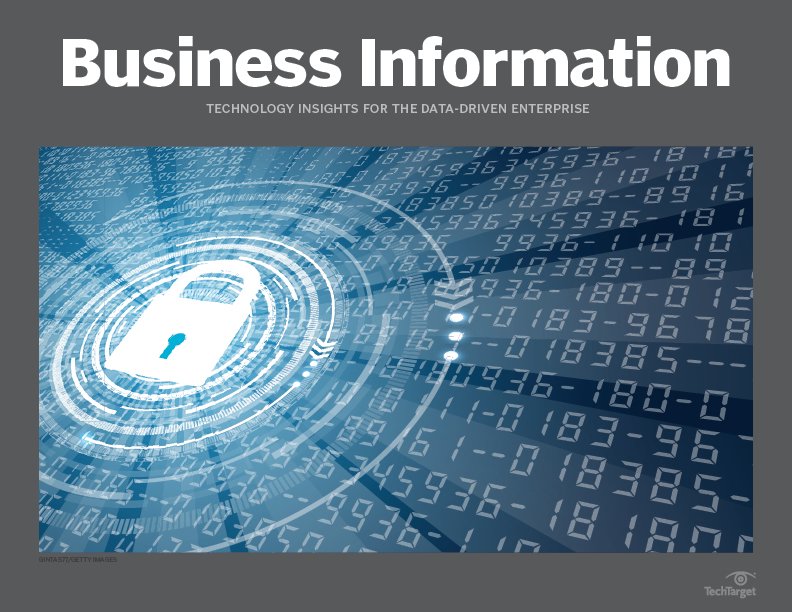PRO+ Premium Content/Business Information
Access your Pro+ Content below.
GDPR requirements put focus on data ethics, governance

This article is part of the Business Information issue of April 2018, Vol. 6, No. 2
Big data's surge has carried forward a shiny, class of digitally born companies, among them Amazon, Facebook and Google. The breed of enterprise is best known for the way it harvests and packages data collected as part of user web activities. This tech-infused business model is now coming under scrutiny, as the compliance deadline for the European Union's General Data Protection Regulation (GDPR) fast approaches. On May 25, the EU will start to enforce GDPR requirements for companies collecting or processing the data of people living in its 28 member countries. The regulation fully describes how companies can use that data, and they must be prepared to "forget" that data at the request of users. GDPR requirements are partly driven by high-profile data breaches that have seen end users' data sucked up by prowling hackers. But there's more to it than that; it's a very European reaction to a Wild West style of business in which data monetization has become king. Elements of that style spread much further than Silicon Valley, ...
Features in this issue
-
GDPR requirements put focus on data ethics, governance
The General Data Protection Regulation makes privacy paramount and reinforces the practice of good data governance. Will a new focus on data ethics be an important side effect?
-
Data integrity protection spurs greater security spending
As hacking, ransomware and malware attacks mount, companies place big data protection and integrity among the primary reasons for increased spending on security software.
Columns in this issue
-
U.S. data protection laws fall short in the age of big data
Data breaches and a history of data abuse led the EU to adopt GDPR, but it might take massive scale data security crises for the U.S. to legislate similar data protection laws.
-
